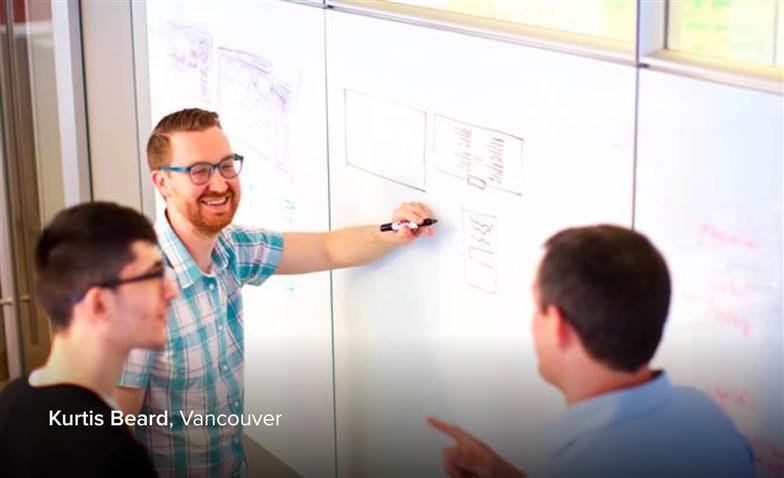Strong, vibrant communities are Urban Systems’ passion, both outside its walls and within. “We couldn’t claim to design amazing communities if we weren’t deliberate about our own,” says Martin Bell, CEO. In the company’s 43-year history, the leadership team has thought carefully about what matters most in their workplace, such as trust, high-touch communication, adaptability, and collaboration, and this thoughtfulness has led unfailingly to success (and being named one of the Best Workplaces in Canada for 12 years in a row). Originally eight employees in one office, Urban Systems is now a family of almost 500 people working across Canada.
In 2016, however, Martin saw a significant risk to the company’s growth plans: technology. Technology experiences were frustrating, and relationships with the IT team were strained.
But why? This is the question to which Martin urgently needed an answer, and it’s the one he asked us to explore. “I knew that Habanero’s work centred around the actual lived experience in an organization, and that’s exactly what we needed to figure out.”
A people-first approach
“No matter what we’re looking at, we always start with people,” says Habanero consultant Meghan Armstrong. “That’s something that we fundamentally believe to be essential.”
To understand Urbanites’ experiences with and within IT, we started with employee interviews and research. Understanding the culture of Urban Systems and day-to-day experiences formed the foundation or our work. Once complete, we conducted a series of journey-mapping workshops. “We asked people to map out their experiences with technology from beginning to end and how they thought and felt along the way,” explains Habanero consultant, James Sloane.
“I had two revelations at the end of that process,” recalls Russell Kirby, Urban Systems’ IT Manager. “I had no idea that several issues, such as search, were affecting so many people.” One employee recounted having to search the company’s shared drive and paper files before finally having to pay a municipality, to whom she had originally submitted the report, to get it back. “I didn’t understand how big this issue was and how much time the organization was wasting. Second, the process identified things that everyone assumed were IT’s responsibility, but really weren’t,” Russell says. Historically, Urban Systems had assigned to IT anything with a technology component. “But just because a toaster has electrical cables doesn’t mean you should call IT when something’s wrong,” Russell laughs. Admitting his example is an exaggeration, he says nonetheless that reassigning ownership of several major projects, such as the intranet and records management, was an important outcome of our work.
“It was a huge relief for my team when the rest of the organization realized we’re not the best people for tasks like graphic design and records management.”
Digital citizenry and the new role of IT
Like Russell says, the journey-mapping process yielded an important discovery: Urbanites needed to be accountable—and have the means to be accountable—for their technology experiences. We call this digital citizenry. “As a citizen of the company, every Urbanite is responsible for understanding their tech-related responsibilities” says Meghan.While we introduced Urbanites to digital citizenry, we also worked alongside the IT team to “shift them from the reliable-provider model to the strategic problem-solver model,” says James. “We worked on adopting a mindset focused on improving the employee experience.”
Having surfaced areas that create the most risk to Urban Systems’ growth during the journey-mapping workshops, Habanero developed a prioritized roadmap of high-impact projects for the next 18 months. Alongside the roadmap, we developed values-based technology-transformation principles to align the delivery of roadmap work with the desired employee experience.
“We riffed on Urban Systems’ organizational values to create six service-delivery principles for the IT team. And for each principle, we created a challenge question that nudges team members toward the desired principle,” says James.
“We’re a values-led company. We’re not policy-heavy,” says Martin. “The principles help us think about how we should roll. Measuring your values against those of other companies isn’t a measure of very much. We need to be the best we can be for our clients, communities, and people.”
The digitally-transformed organization
“Our work with Habanero showed us where to prioritize our IT investment,” says Martin. “A simple IT audit could’ve been done in a day using industry benchmarks, but it wouldn’t have told us what we actually needed to know. We needed to understand what it’s like to work here. And this is what Habanero is so good at: they bridge a deep knowledge of technology with the actual human experience in an organization.”Fundamentally (and a little paradoxically), the human experience is what we believe digital transformation is all about. “Some companies will try to convince you that if you implement the right technology and get people to adopt it, people will collaborate and your organization will thrive. It doesn’t happen that way,” adds Habanero consultant James Sloane. “Digital transformation isn’t about tuning you up with technology. It’s about re-engineering the workplace in a way that serves the people who work there and helping them succeed.”
Already hard at work to re-engineer his workplace, Russell agrees: “Now, we have hard data on high-impact and low-impact opportunities. We no longer have our heads down doing the day-to-day. We have a well-defined and manageable strategy that will better support Urban Systems.”



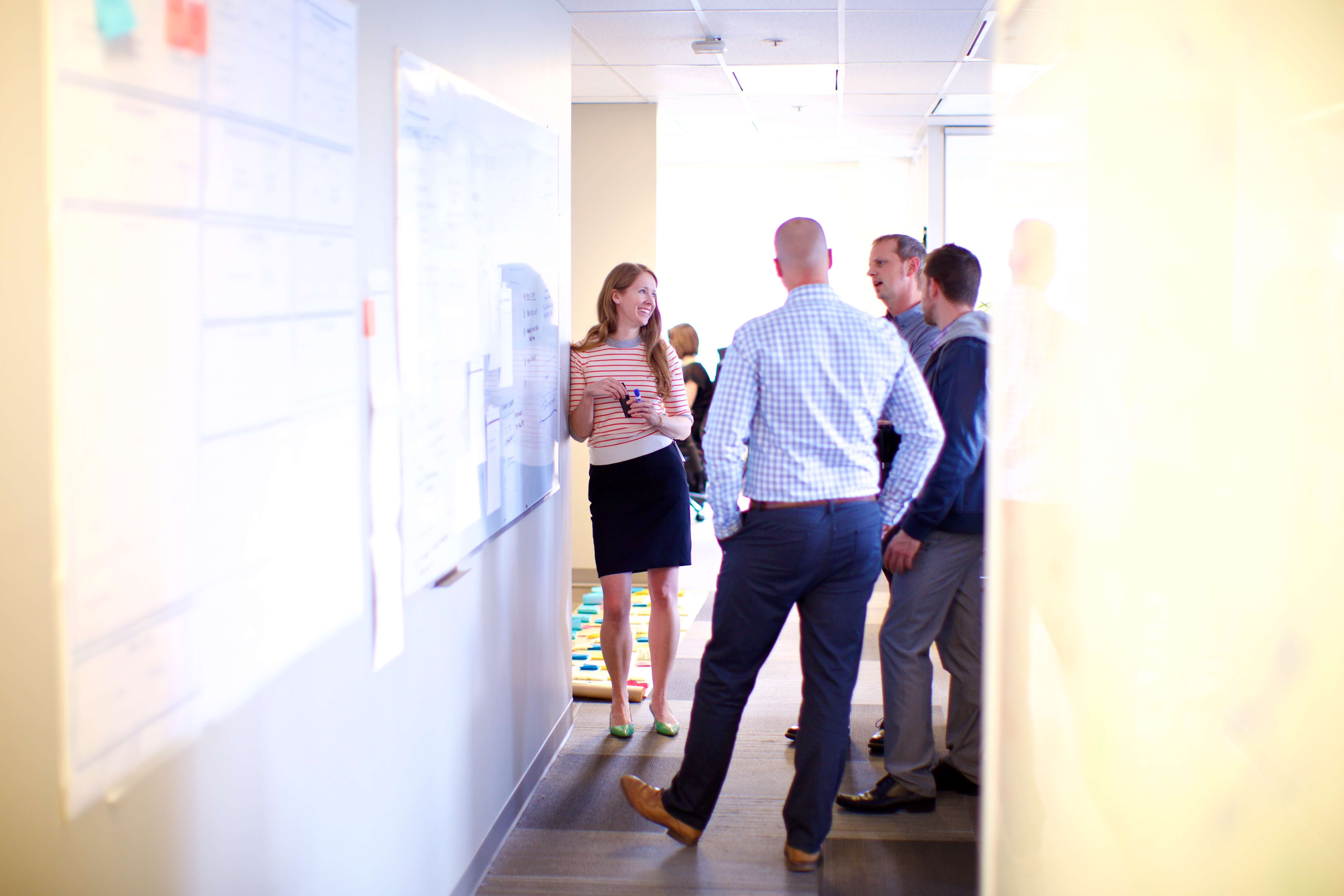
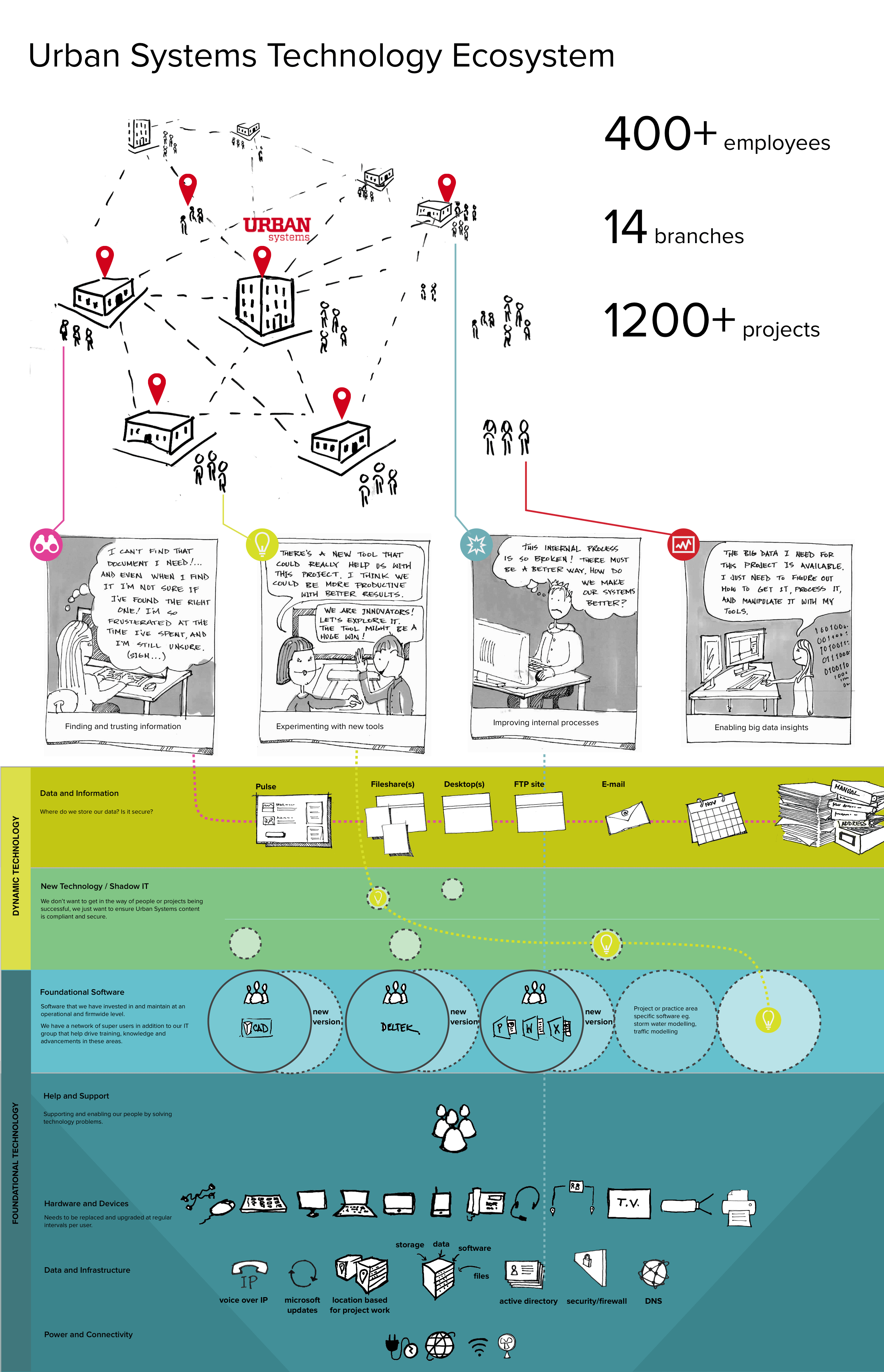
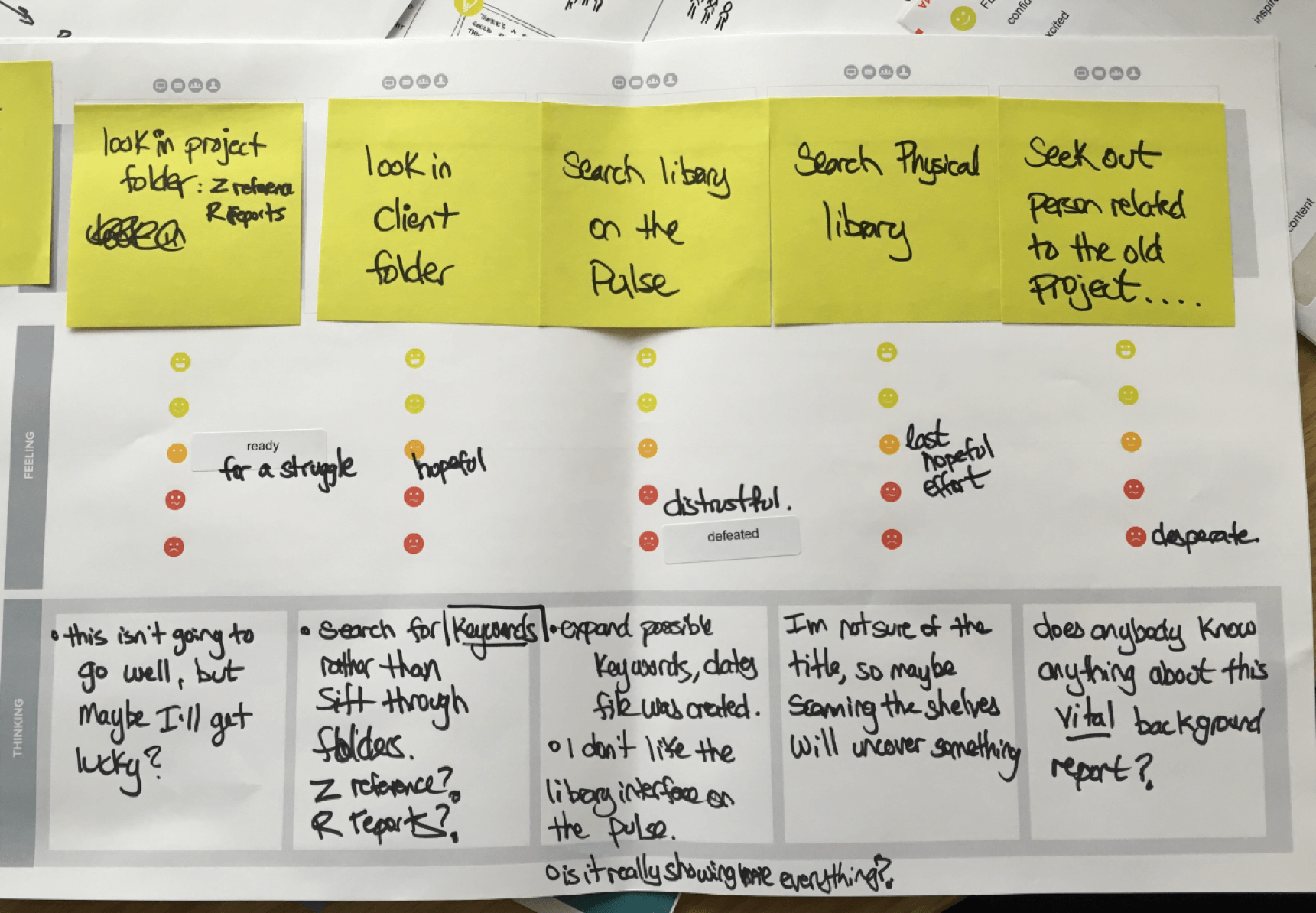
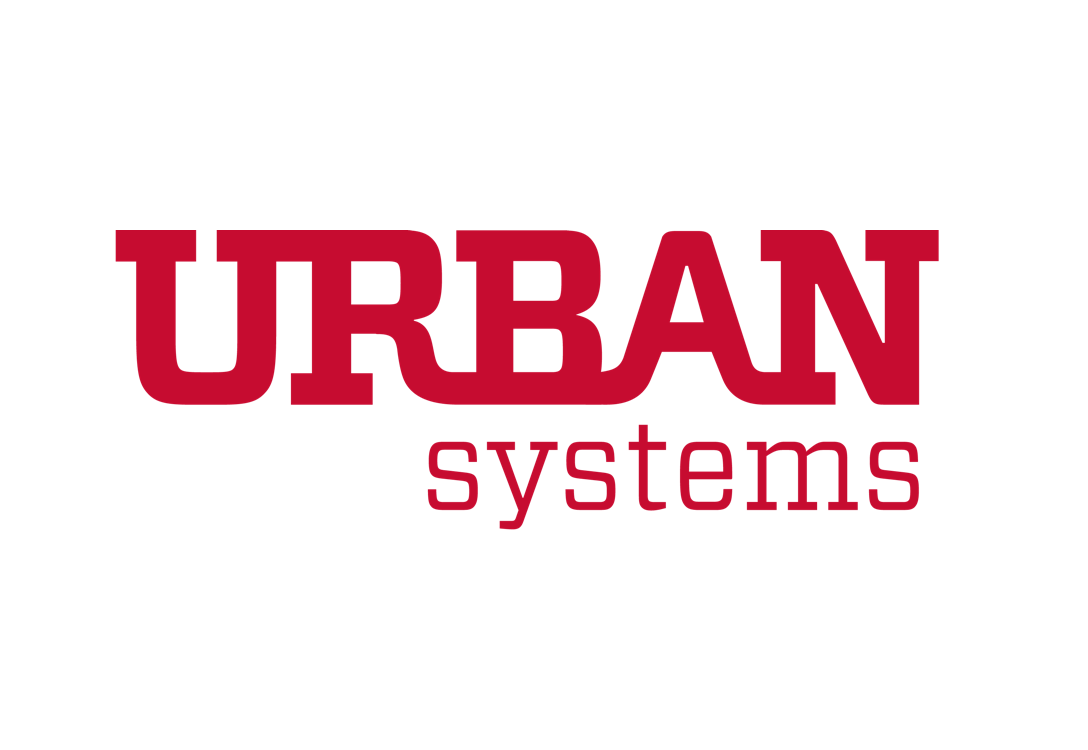

.jpeg?bc=white&la=en&mw=416&modified=20260130165838&hash=095D0F305FD51C51141367B46960F57F63671A8C)
.jpeg?bc=white&la=en&mw=416&modified=20260130225717&hash=BEFCD20AA3DAC8B73C0657E188218D50B89DECA4)
